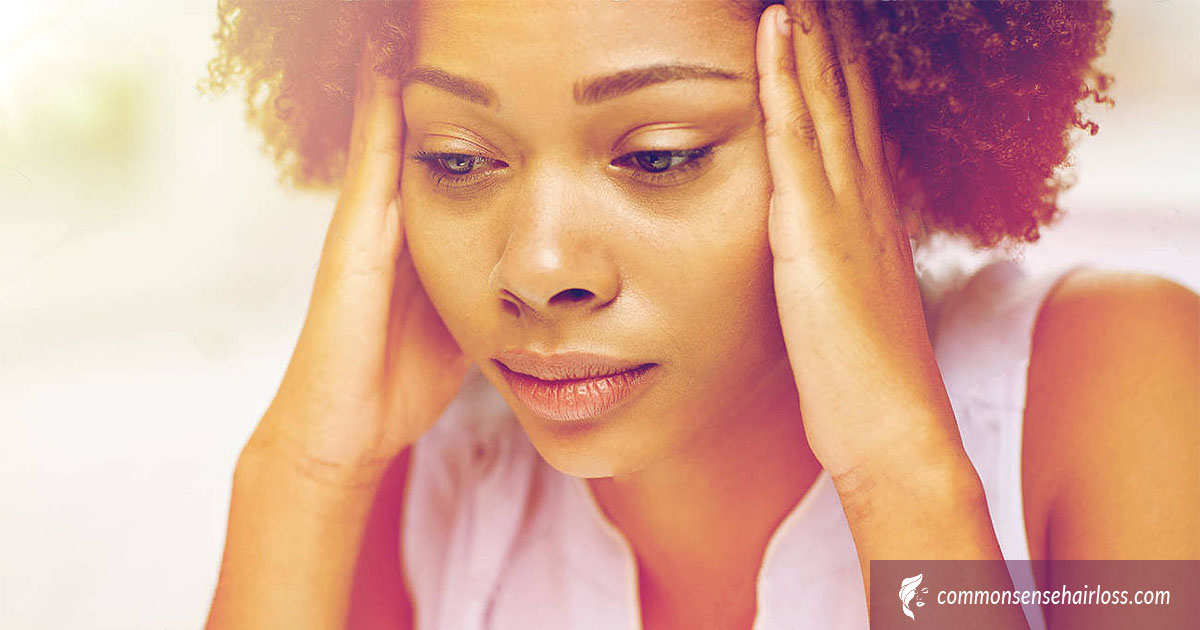The connection between hair loss and iron deficiency has been the focus of numerous medical studies. In fact, one of the most common reasons for female hair loss is anemia.
If you feel that you may have an iron deficiency, don’t try to treat yourself through supplements. Instead, it is advisable to seek medical advice immediately as high levels of iron can be toxic.
Hair Loss and Iron Deficiency
Iron deficiency or anemia is a common problem for both men and women. But, women and teenage girls are especially at risk. The risk factors include pregnancy and heavy blood loss during mensuration. Iron deficiency can lead to a wide range of symptoms and medical problems. Some of the below symptoms may sound familiar to you. If they do, it is a good idea to visit your doctor and have your iron levels checked. Your doctor can measure your iron levels with a series of tests. These include the amount of iron in your blood and how much iron your body is using from stored sources. This will help you determine if you are iron deficient and get you on the right track to solving the problem.
Most common symptoms include:
- Hair loss
- Irritability
- Fatigue
- Brittle nails
- Feeling cold all the time
- Pale skin
- Increased risk of infections
- Reduced cognitive skills
How Iron Deficiency Contributes To Hair Loss
Hair loss as a result of iron deficiency is usually temporary and is referred to as telogen effluvium. This is an abnormality of the hair growth cycle, whereby excess shedding occurs because hair follicles are being forced out of their growing phase, on a continual basis. As your body requires sufficient nutrients to function properly, hair growth is one of the first processes to suffer when you’re nutrient deficient.
How To Avoid Iron Deficiency
Increasing your daily intake via your diet by incorporating iron-rich foods is a good starting point. These include leafy green vegetables, rolled oats, nuts, dried fruits, to name a few. Combining iron-rich food with Vitamin C has been shown to increase your absorption.
In contrast, there are foods that inhibit iron absorption into your body including milk, yogurt, coffee, cheese and junk foods. To insure your iron levels increase, your doctor may prescribe an iron supplement.
In Conclusion
There is good news. You can easily find a hair loss treatment to suit while you recover from iron deficiency. Treatments include hair extensions, wigs, and custom hair systems that are made with 100% human hair that offers a realistic, natural look. Our hair loss specialist will recommend the best choice for you based on a personalized evaluation of your condition. To learn more about our hair loss services, call (619) 820-0290 or schedule a free complementary consultation.




